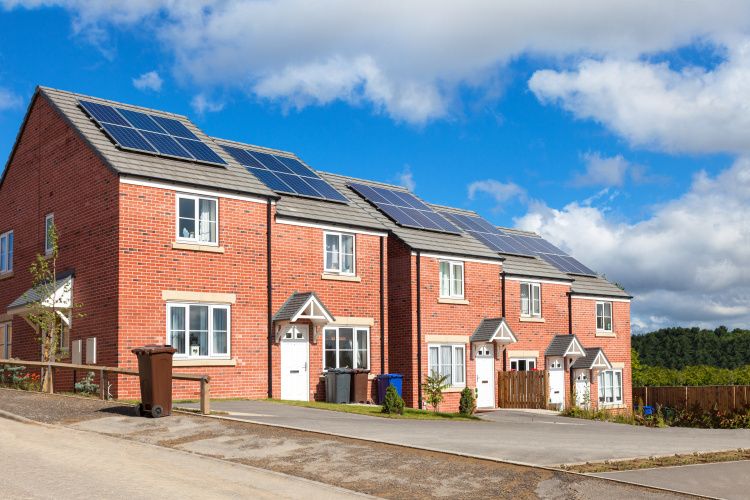
UK Construction has been hit by a series of disruptive events over the past six months, however, the latest Glenigan construction index says headwinds are predicted to get even stronger in the fourth quarter of this year and into Q1 next year.
The index found that the Russia-Ukraine war and resulting materials, energy, and fuel price inflation as well as the introduction of new building regulations and a new Government, have impacted confidence.
However, it suggests the market is showing signs of stabilising with index figures slightly up on the previous month’s figures.
Glenigan says this implies the industry “is cautiously getting back on its feet, but there’s no doubt it will be an uphill battle”.
Last week’s Sterling collapse, and higher than anticipated interest rates are also predicted to further compound the rising costs of imported materials and commodities.
Meanwhile, the latest index indicates a welcome stabilising of project-starts levels, but sluggish activity persists, with the value of underlying work commencing on-site falling 27% during the three months to September to stand 23% lower than a year ago.
Residential project-starts weakened significantly during the three months to September. The value fell by a third against the preceding three months to stand 24% lower than a year ago.
Similar to the previous month’s index, social housing project-starts also suffered, declining 13% against the preceding quarter and 36% compared with 2021 levels.
Private housing construction-starts performed especially poorly against the preceding quarter with a decline of 37% to stand a fifth lower than the previous year.
For non-residential work, most sectors experienced sharp declines in project-starts during Q3, including education and health which respectively weakened by 37% and 39% against the preceding quarter.
Overall UK regional performance was poor, with every region in England suffering declines in project-starts.
The North East and the East of England experienced the greatest falls in project-starts against the preceding quarter, falling 38% and 36%, respectively. Both regions also dipped from the previous year, declining 30% and 29%.
London suffered the worst performance of any region against the year before, falling down 45% compared with 2021 levels, while the value of work starting on-site slipped back 30% on the preceding quarter.
Scotland also performed particularly poorly, with project-starts falling by 26% against the preceding quarter to stand a fifth lower than a year ago.
Elsewhere, Northern Ireland maintained its strong performance, with project-starts increasing 31% against the preceding quarter to stand 51% up on a year ago.
Work starting on-site in Wales also performed relatively well, remaining unchanged on the preceding quarter to stand 7% up on a year ago.
Glenigan senior economist Rhys Gadsby says: “The rapid decline in project-starts of recent times has, encouragingly, stabilised over the three months to the end of September. The cost of imported construction materials and supplies, however, is projected to continue creeping up in the coming months due to a weakening pound and higher than expected interest rates.”
“This will likely cause fresh challenges for the construction industry, suggesting that we’re not out of the woods yet. However, the industry can take hope from signs of individual vertical recovery, for instance, civil engineering project-starts which posted a period of growth against last year.”



